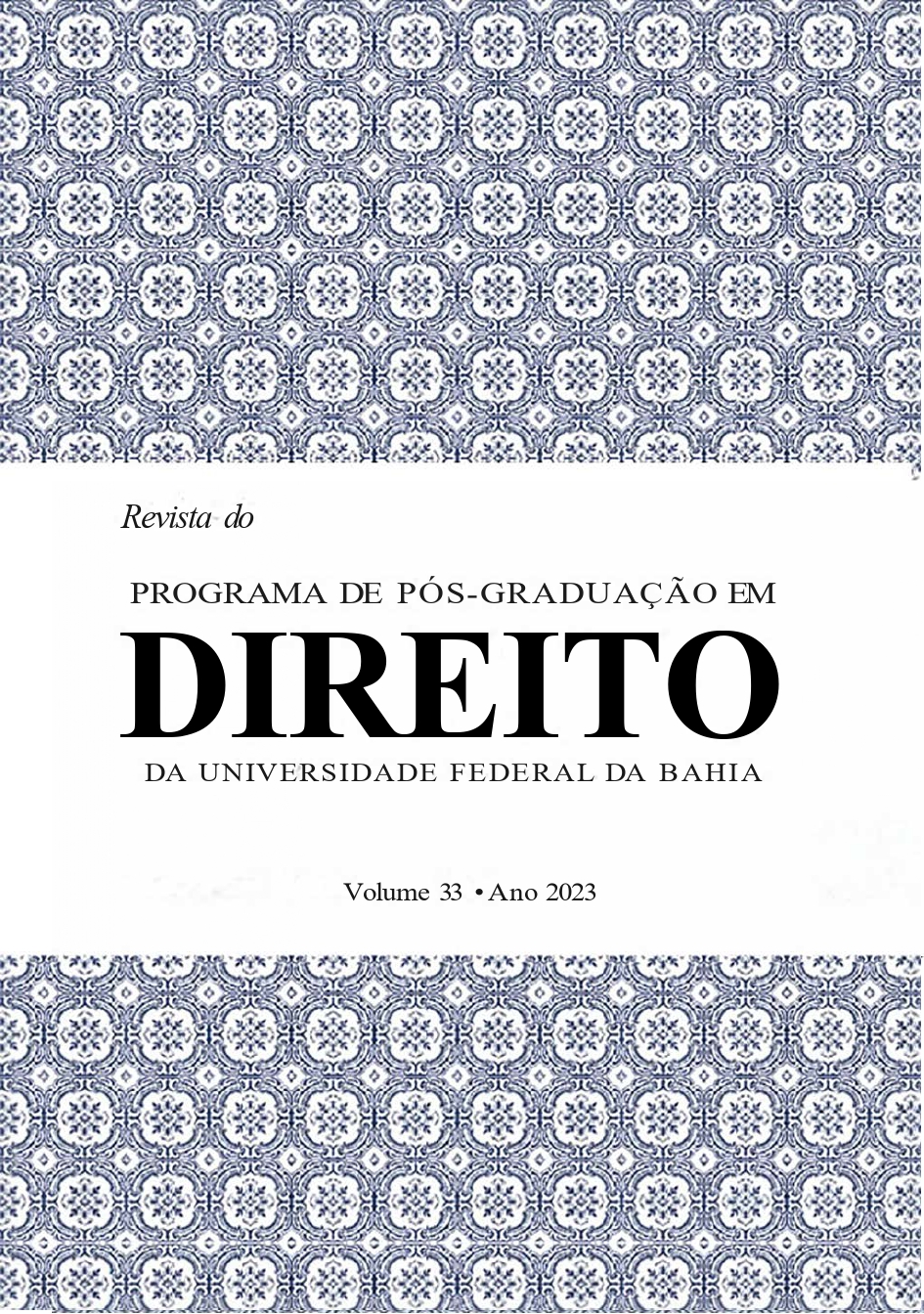DIGITAL GLOBALIZATION AND DEVELOPMENT: REGULATION AND JURISDICTION FOR THE PROTECTION OF RIGHTS
REGULAÇÃO E JURISDIÇÃO PARA A PROTEÇÃO DE DIREITOS
DOI:
https://doi.org/10.9771/rppgd.v33i0.57229Keywords:
Globalization, Development, Jurisdiction, Rights Defense, Digital AgeAbstract
With globalization and technological advancement, particularly with the inception of the Internet and the establishment of access tools, information assumes a strategic value in society. The initial economic perspective associated with the concept of globalization merges with the new information society and the democratization of the Internet. From this standpoint, there is a pressing need to reassess societal necessities, rights preservation, and the asymmetries identified among the actors engaged in these evolving relations. Hence, this study endeavors to examine the interrelation between globalization, development, and rights defense in the digital age, addressing the novel challenges this relationship presents. It brings forth issues such as the right to work, the right to development, the right to freedom of information and expression, among others, and conflicts between rights. Scrutinizing both national and international legislation, as well as the role of national jurisdiction in regulating the Internet to ensure these rights, is paramount to achieving the stipulated objective.
Downloads
Downloads
Published
How to Cite
Issue
Section
License
Copyright (c) 2023 Revista do Programa de Pós-Graduação em Direito

This work is licensed under a Creative Commons Attribution-NonCommercial-NoDerivatives 4.0 International License.
1. Autores mantém os direitos autorais e concedem à revista o direito de primeira publicação, com o trabalho simultaneamente licenciado sob a Licença Creative Commons Atribuição 4.0 Internacional que permite o compartilhamentodo trabalho com reconhecimento da autoria e publicação inicial nesta revista.
2. Autores têm autorização para assumir contratos adicionais separadamente, para distribuição não-exclusiva da versão do trabalho publicada nesta revista (ex.: publicar em repositório institucional ou como capítulo de livro), com reconhecimento de autoria e publicação inicial nesta revista.
3. Autores têm permissão e são estimulados a publicar e distribuir seu trabalho online (ex.: em repositórios institucionais ou na sua página pessoal) a qualquer ponto antes ou durante o processo editorial, já que isso pode gerar alterações produtivas, bem como aumentar o impacto e a citação do trabalho publicado

